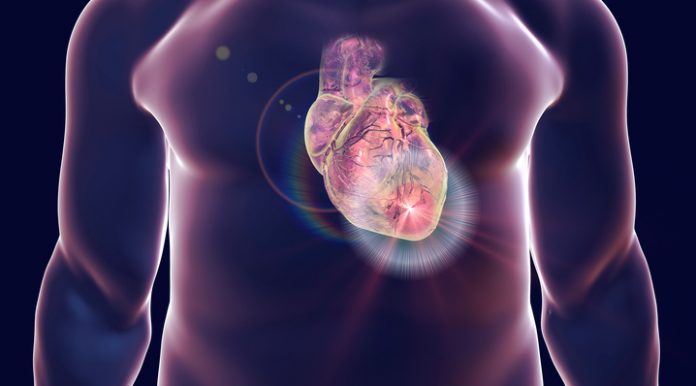
Genetic traits influence the composition of atherosclerotic plaque and affect patient risk of stroke or heart attack, according to a new study from researchers at the Karolinska Institutet and a global team of collaborators. Using genetic data, the researchers were able to categorize patients into three different risk groups.
The researchers combined single-cell RNA sequencing (scRNAseq) data with clinical, genetic, and transcriptomic data from a large biobank of human plaques—the Biobank of Karolinska Endarterectomies (BiKE, n = 125).
This type of data, the researchers say, combined with modern diagnostic imaging and AI, could be used to make better predictions of patients’ future risk of stroke or heart attack, or response to drugs.
Their work is published in the European Heart Journal and led by Sampath Narayanan of Karolinska Institutet.
Although mortality from cardiovascular disease has steadily declined over the last 50 years, it is still the leading cause of death in the world. Over the years, it has become evident that genetics plays a role in atherosclerosis and links have been established between specific genes and vascular smooth muscle cells (SMCs).
“Single cell RNA sequencing (scRNAseq) studies have identified multiple cell populations of mesenchymal origin within atherosclerotic lesions, including various smooth muscle cell sub-phenotypes, but it is unknown how these cells relate to patient clinical parameters and genetics,” the authors wrote.
In this study, mesenchymal cell populations in atherosclerotic plaques (atheromas) were correlated with major coronary artery disease genetic variants. Functional analyses were then performed to identify SMC markers involved in the disease.
“Previous research has shown that heredity is important for the levels of cholesterol, other lipids, and circulating immune cells in the blood, but now we see that heredity also affects the composition of smooth muscle cells in the blood vessels of atherosclerotic patients,” said Ljubica Matic, PhD, at the department of molecular medicine and surgery at the Karolinska Institutet who led the study. “This can affect the development of atherosclerotic plaques, but also the tendency for the plaques to become unstable and cause a stroke.”
Using this genetic data, the researchers have been able to categorize the patients in their study into three different groups.
“The first group are those with the most severe profile and in our material they have usually already had a stroke,” said Matic. “For patients at lower risk, the vessels have formed plaques but without causing a stroke. The third group of patients is somewhere in between these two and often have kidney disease in combination with atherosclerosis. We also have preliminary evidence that the same concept may be valid in heart attacks.”
“We have done similar integrative studies for smaller cohorts of patients in other previously published papers to prove that it works, but of course the concept needs to be tested on a larger scale before it can be introduced into clinical practice,” says Professor Ulf Hedin at the same department at Karolinska Institutet.





